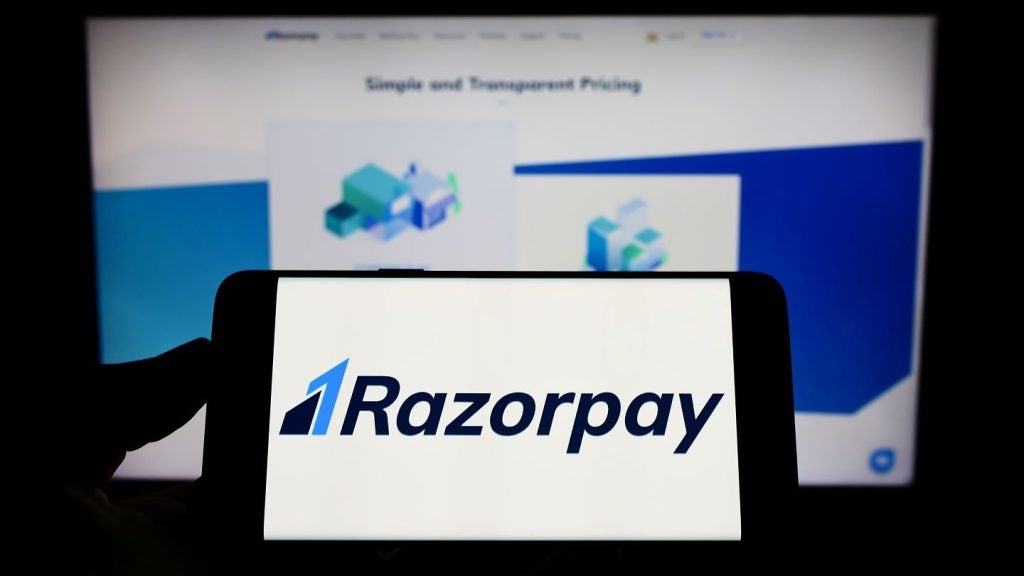A recent study from management
advisory firm Bretton Woods examines the pricing structures of
various prepaid verticals, concluding that propositions which have
tailored pricing and fee structures are far more popular with
consumers and end users. Victoria
Conroy reports on what the findings mean for the
industry.
Despite claims from some pro-consumer
groups that prepaid cards come with ‘predatory pricing’, advocates
have always championed prepaid cards as being far more
cost-effective for consumers when compared to traditional banking
propositions such as bank accounts and cheques.
Their claims have been given weight by a new
study from US management advisory firm Bretton Woods, which has
conducted a direct comparison of basic current accounts and
network-branded prepaid cards in the payroll and general-purpose
segments. The study found that, when compared to similar services
on a like-for-like transaction basis, prepaid card users typically
pay less than using cheque cashing services and buying money orders
to conduct bill payments.
Types of fees
The Bretton Woods study looked a
range of prepaid fees, including:
• Activation

US Tariffs are shifting - will you react or anticipate?
Don’t let policy changes catch you off guard. Stay proactive with real-time data and expert analysis.
By GlobalData• Monthly maintenance
• ATM
• Declined transaction
• Balance inquiries
• Customer service
• Dormant
• Overdraft
The study found that overdrafts with prepaid
cards tend to be the exception rather than the rule, and that most
reloadable prepaid cards do not allow overdrafts. Of the few that
do, they take the form of an ‘opt-in’ service, with the fees
typically less than bank overdraft fees.
The emergence of prepaid products that offer
credit advances, which have yet to proliferate in the industry,
also tend to cost typically less than the payday loan alternative
and far less than overdrafts.
The increasingly sophisticated pricing
structures of prepaid cards reflect the evolution of the industry,
something which Bretton Woods states is a good thing for consumer
choice.
“Rather than requiring common pricing schemes,
suppliers who offer unique pricing options benefit consumers. When
one considers the pricing options offered by cell phone providers,
packaged pricing or per usage pricing, the consumer can choose the
best programme to fit their needs. The same applies to branded
prepaid cards.
“With appropriate fee disclosures, the
consumer can make an informed decision based on their
circumstances.”
Given that the major users of branded prepaid
cards in the payroll and general-purpose segments tend to be state
and federal government agencies and corporations, the study stated
that these entities also have the ability and the purchasing power
to negotiate the best pricing scenario for their end users.
Pricing comparisons
The Bretton Woods study analysed
basic bank services offered by the top four banking companies in
the US, representing 31 percent of the deposit market share, based
on costs including six overdrafts per year.
The study found that bank customers pay from
$200 to just over $350 annually for a basic current account with
similar usage patterns as branded prepaid cards. The Bretton Woods
2008 study of overdrafts indicates that active household users of
overdrafts incur close to four overdrafts per month, or 48 per
year.
On the basis of pricing scenarios of major
branded prepaid programmes and a representative monthly usage
pattern from the Consumer Union report on prepaid cards, the study
found that branded prepaid card users pay from $108 to $320
annually.
The review of two active general-purpose
reloadable prepaid card and two payroll card programmes indicate
the average annual costs range from $29 to $117. By comparison,
cheque and cash users pay from $165 to $300 annually.
The data from the two reloadable card
programmes, analysed between July 2006 and July 2009, resulted in a
weighted average annual cost to the consumer of $117 and $106. One
payroll card programme studied showed a weighted average annual
cost to the consumer of $29. The other payroll card programme
calculated an annual cost of $48.
“These costs are basic to cover recurring
monthly expenses and cash needs. As shown in the fee comparison,
there are a multitude of other services a consumer could use that
would increase costs for both bank and prepaid card accounts.
“Bretton Woods believes that many of the
ancillary services are discretionary and costs can be avoided with
appropriate disclosures by the providers of the services.”
Convenience
Among the positives of prepaid cards as a cash
substitute are the ability to reload cards, which is more
convenient and less expensive than going to a cheque cashier, and
the safety of not carrying cash – even if a prepaid card is lost or
stolen, the consumer will not lose the value of the card. And from
a public policy perspective, a key benefit of prepaid cards is the
audit trail of transactions.
The study noted that there have been calls to
amend the US Electronic Funds Transfer Act to include prepaid cards
to allow the same level of protection as bank debit cards, with
Bretton Woods stating that branded prepaid cards are in many cases
as safe and secure as FDIC insured current accounts. The majority
of branded prepaid card suppliers offer protections for lost and
stolen cards and unauthorised purchases, similar to bank debit
cards.
“From a consumer perspective, while banks
provide many protections by regulation, branded prepaid card
providers, who abide by industry best practices and the Visa and
MasterCard zero liability policy, offer similar protections,” the
report stated.
“It is not clear that prepaid cards are any
more risky than other card products such as credit and debit cards.
The industry has pointed out that unlike cash and cheques, prepaid
card transactions are traceable and trackable [with date, place,
time and amount of each transaction recorded – the same as with
credit and debit card transactions].
“Moreover, like credit and debit cards,
prepaid cards can be cancelled and the funds frozen at any time –
even without possession of the card.”
Further protection of prepaid cards is
scheduled to be in place in February 2010, when the US Department
of Treasury will issue final regulations on non-bank stored value
issuers, sellers and redeemers.
“This may increase prepaid card anti-money
laundering [AML] reporting requirements and may formalise the
requirement for customer identification programmes with respect to
reloadable, cash-accessible cards – especially those that are
usable globally,” the study noted.
However, even without mandated AML
regulations, the study said the industry has already adopted a
number of best practices – for example, anonymous branded prepaid
cards are not available for sale to the public in amounts over
$1,000, nor can such cards be reloaded or used at ATMs to obtain
cash.
But Bretton Woods emphasised that with advent
of new technologies such as contactless, “it is in the best
interest of the industry to be proactive in self-regulation”.










